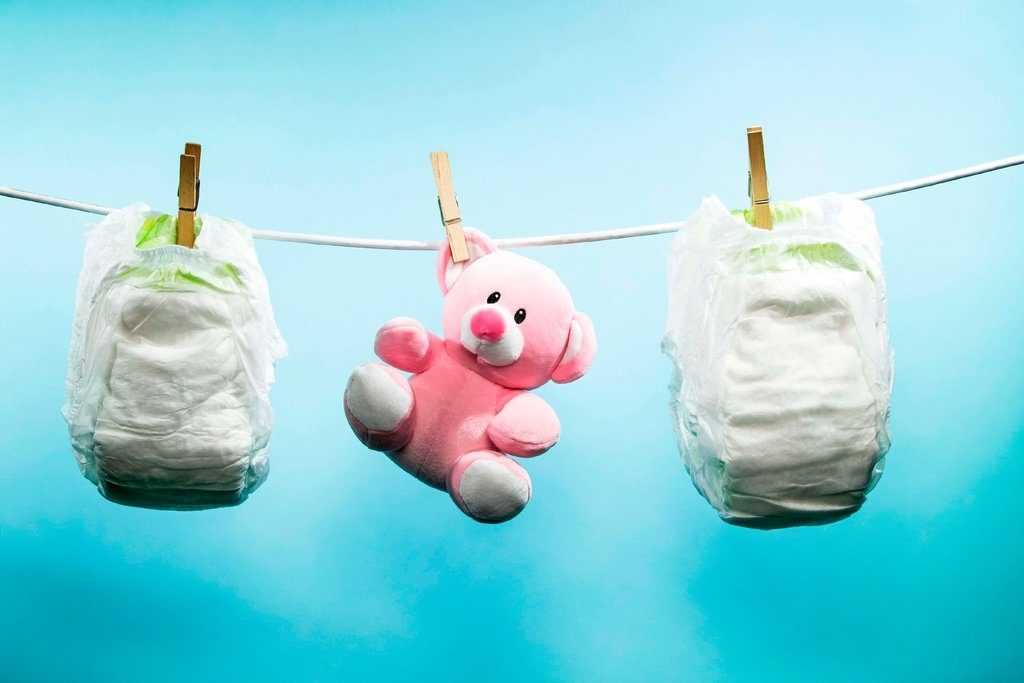
The New York Times
Jan. 16, 2019
by Vanessa Barbara
SÃO PAULO, Brazil — “It’s a new era in Brazil: Boys wear blue and girls wear pink,” our new minister of women, family and human rights, Damares Alves, said this month in a video. And she didn’t stop there: Under the new government of President Jair Bolsonaro, she declared in her inaugural speech, “a girl will be a princess and a boy will be a prince.”
Ms. Alves’s message was meant to be an attack on “gender ideology,” a concept created by conservatives to disparage the rhetoric of equal rights for women and L.G.B.T. people. The fight for gender equality and sexual and reproductive rights will lead to the collapse of the traditional family, Ms. Alves and others like her say. It will foster homosexuality and threaten Christian values. And so the correct response is moral panic: “Nobody will stop us from calling our girls princesses and our boys princes,” Ms. Alves fiercely proclaims.
Except the conservatives have it backward: Not only is no one stopping them from making their children into gendered royalty, but in fact, their take on children and gender is already effectively a national obsession — if not a global one.
I experienced this for the first time at the very beginning of my pregnancy, when I went shopping for tools for trimming the baby’s nails. “Is it a boy or a girl?” asked the saleswoman. I couldn’t possibly fathom what nails had to do with genitals, but I chose to be polite and said I didn’t know yet. The saleswoman seemed puzzled. She ran through a series of blue and pink cases, but finally announced she didn’t have anything neutral. When I decided to forge ahead and buy a pair of blue nail scissors anyway, she gave me a look of silent reproach. “Anarchist,” she practically whispered.
In the following months, however, I’d learn just how important my baby’s biological sex was to the world at large. My initial ob-gyn, for instance, seriously objected to my decision to not find out my baby’s sex in advance. It’s difficult to find neutral-colored baby items, she protested — whatever would the baby wear once it was born? Many seemed to agree with her. “But what if it’s a girl?” a saleswoman at a thrift store asked when I bought a couple of dinosaur overalls. (Then she’d be a future paleontologist, perhaps?)
When I finally gave in to curiosity and learned the baby was a girl, I had to keep answering “It doesn’t matter” over and over at stores. No item was free from the boy-or-girl question: I got it while buying socks, hats, pants, books, burp cloths, teething devices, diaper bags, plastic bowls. Even nasal aspirators often came in pink and blue.
It was very exhausting. And now that I cut my daughter’s nails with blue scissors and dress her in dinosaur overalls, I wonder if the end is near.
The Australian comedian Hannah Gadsby, in her show “Nanette,” once joked that one of the ways you can tell that there’s too much hysteria around gender from the “gender-normals” of the world is the habit of putting pink headbands on bald babies. “That’s weird,” the comedian said. “I mean, seriously, would you put a bangle on a potato?”
And yet, strangers in the street find it appropriate to ask why my daughter — who is adorable but, realistically, not un-potato-like at this stage — is not wearing delicate earrings, a ribbon in her hair or a pink tutu. It doesn’t get any better when you dig into the reasoning behind it: As Ms. Gadsby says, parents do it because they are tired of seeing their beautiful baby girl being mistaken for a boy because she has no hair. Why this would be such a bad thing doesn’t have to be explained — it’s understood that it would be a calamity. (“The thing is, I don’t assume bald babies are boys. I assume they’re angry feminists, and I treat them with respect,” Ms. Gadsby jokes.)
It would be bad enough if the gender hysteria was limited to the color of strollers and kneepads. But sexism is often imprinted on clothes themselves, and here is where it becomes exceptionally insidious — because of the messages it delivers. Baby boys might be dressed in a onesie that says, “Chegou o terror da mulherada” (“Here comes the ladies’ man.”) Other options: “Lock up your daughters”; “Don’t worry, ladies, I’m still single”; “Future cute doctor”; “Future Ferrari driver.” One of Brazil’s favorites is a onesie that says, “Ladies: Today I’m bald and toothless, but someday I’ll be rich.”
If Brazil’s baby boys are arrogant and womanizing, our baby girls are frivolous and pretty. “From the cradle I know what I want: beautiful shoes like mom’s” one onesie reads (I wish I was kidding). Others: “Future Miss Brazil,” “Future bride” and “Princess in training.” And if these stereotypes aren’t enough, there are options that engage in precocious body-shaming: “Does this diaper make my butt look big?”
But this problem is not unique to Brazil. In 2015, the Spanish clothing retailer Zara introduced girls’ onesies with the inscription “Pretty and Perfect: It’s what daddy said,” while the counterpart boy’s version read “Cool and Clever: It’s what mummy said.” The year before, a chain of supermarkets in Spain had to apologize and stop selling baby’s clothes with the inscriptions “Intelligent as daddy” (for boys) and “Pretty as mommy” (for girls). Lest North America start feeling smug, that same year, Target got in trouble for selling in its Canadian stores a set of boy’s pajamas bearing the words “Future Man of Steel.” The girl version said, “I only date heroes.”
So you see, Ms. Alves, we are already deep in a world of baby girls who must grow up to be pretty princesses and wives, and boys dressed in blue who must grow up to date as many of these princesses as possible. Those princes and princesses get to go on to a future of unequal pay, domestic violence, sexual assault, rape, femicide, homophobia and transphobia.
So by all means, call your daughter a princess. Truly, no one is stopping you. It is sad, however, that while you are busy telling children who and what they should be, so many very real forces are conspiring within our country to stop themfrom safely growing up to be who they truly are, and that you seem so uninterested in doing anything about these instead.
Vanessa Barbara, a contributing opinion writer, is the editor of the literary website A Hortaliça and the author of two novels and two nonfiction books in Portuguese.
A version of this article appears in print on Jan. 22, 2019, on Page A21 of the New York edition with the headline: Brazil Sees Only Pink and Blue.

